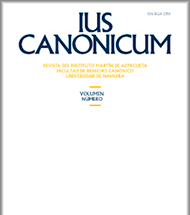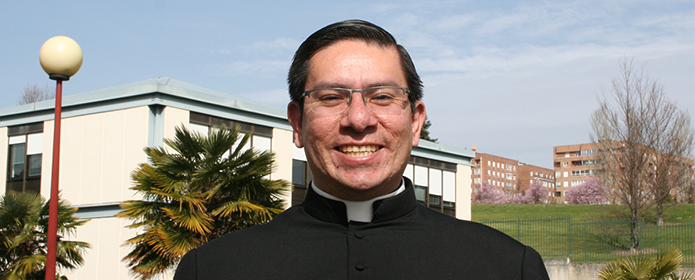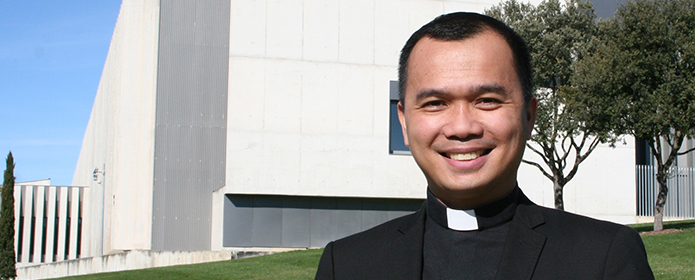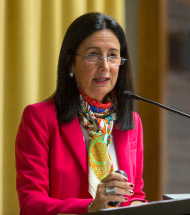Archbishop Arrieta on abuse cases: "The Church is responding consistently to the truth and with increasing energy".
The Secretary of the Pontifical Council for Legislative Texts committee participated in the XIII Martín de Azpilcueta International Symposium at the University of Navarra.
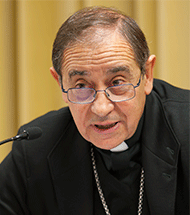
"The status of conflict generated by the cases of abuse is greater than in other times and in the face of these facts the Church is responding with coherence to the truth and with ever greater energy". Juan Ignacio Arrieta, secretary of the committee Pontifical Council for Legislative Texts, at framework of the XIII Martin de Azpilcueta International Symposium at the University of Navarra.
Focused on "Service relations according to Canon Law and state: offices, suitability and labor relations", the meeting brought together experts from different countries for a program of 12 conferences and 5 colloquiums. Monsignor Arrieta, former student and former professor at the academic center, gave a session in which he explained the canonical system for the selection and filling of managerial positions.
Asked after his intervention about the procedure that is followed for dismissal from these positions due to lack of suitability, he clarified that the reasons can be very varied and "only in some cases are of a disciplinary or penal nature, as they range from lack of necessary health to lack of skills for teaching, in the case of a teacher. In those cases there would be no suitability for position, but it would not entail any penalty or punishment."
A commitment by the Church to training and the follow-up of its ministers and officials.After stressing that abuse is, unfortunately, a problem that occurs in many social contexts and in all subject of institutions and religious confessions that relate to young people, he affirmed that "in the Church it is particularly intolerable and inadmissible, even in the case of a single person".
He recalled that in 1984 it was the then Cardinal Ratzinger and Prefect for the Congregation for the Doctrine of the Faith who emphasized that "in the face of this subject of inadmissible acts carried out by clerics, it was not enough to make them leave the ministry through a dispensation, as was done previously, but they had to be judged and expelled from the ministry in a penal manner".
He also stressed that this problem has increased the Church's efforts to improve training and the permanent monitoring of its ministers and their offices, and emphasized that in this way the Church preserves the rights of the faithful and strives to offer a pastoral ministry that is ever more adequate and faithful to the mandate received by Christ.


